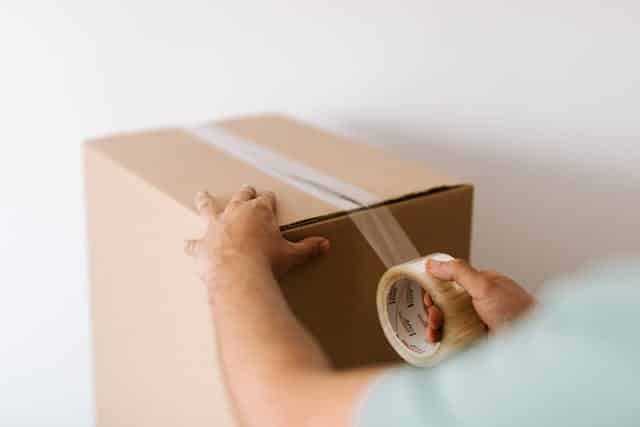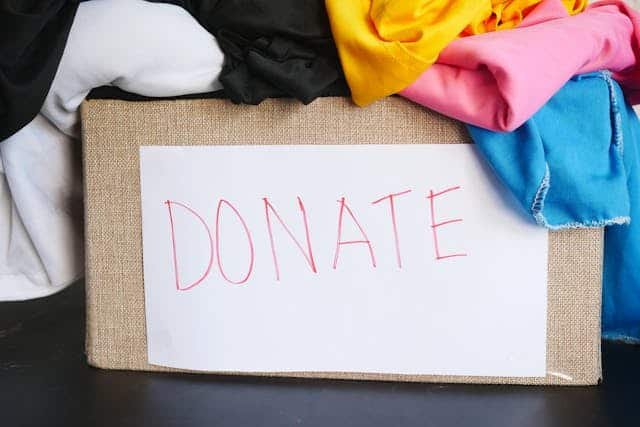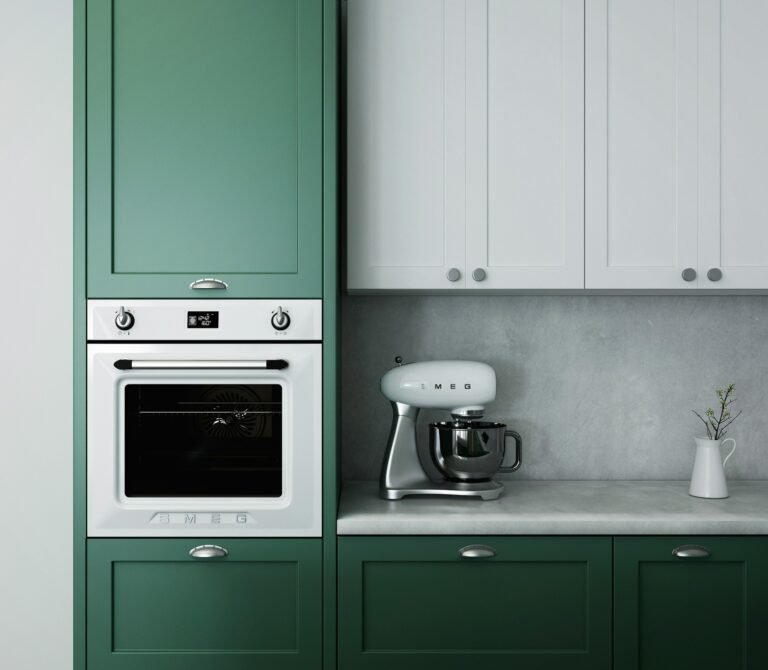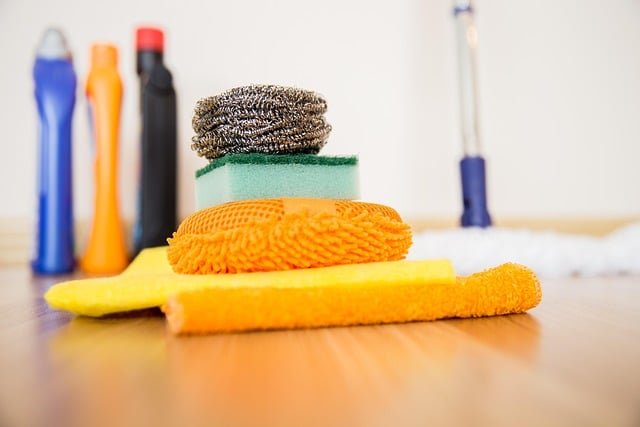How to Let Go of Stuff You Don’t Need But Want (Decluttering Without Guilt)

Letting go of things you don’t use but still feel emotionally attached to is not easy.
You might look at an old dress, a baby blanket, or a gift from someone special and think, “What if I need this one day?” or “This reminds me of a happy time.”
At the same time, a part of you knows it’s time to let it go.
It’s taking up space. It’s collecting dust. And maybe, deep down, it’s starting to feel like a burden.
That’s where the real struggle is; your heart wants to hold on, but your mind is ready to move on.
You don’t have to toss everything or feel guilty about it.
I have a few ideas to help you let go of stuff you don’t need but still want, find decluttering motivation, and clear your space without guilt.
Let’s start small and take it step by step together.

Why Is It So Hard to Let Go?
Our brains play tricks on us when we try to declutter. That “just in case” mentality? It’s not you being irrational – it’s human nature. Let’s break down what’s really happening:
1. The “What If” Trap
“What if I need this someday?”
Our brains overestimate future needs. That camping gear you haven’t touched in 5 years? Your mind imagines sudden wilderness adventures.
2. The Gift Guilt
“Aunt Linda gave me this!”
We confuse objects with relationships. Keeping that old, broken vase doesn’t prove you love her. Your memories do.
3. The Identity Crisis
“This represents the artist I wanted to be…”
Old hobbies, past versions of ourselves – we fear letting go means giving up on who we might become.
4. The Money Myth
“I spent $200 on this!”
Psychologists call this the “sunk cost fallacy.” The money’s already gone – keeping the item won’t bring it back.
5. The “Scarcity Mindset”
“What if I can’t replace this?”
If you grew up with lack, your brain overvalues keeping “just in case.” But abundance is possible now.
6. Decision Fatigue
“I’ll deal with this later…”
Your brain sees a pile and shuts down. That’s not laziness but it’s your mental energy hitting empty.
7. The Fantasy Self
“I’ll fit into these jeans when I…”
Holding onto items for who you might become keeps you from loving who you are right now.
8. The Responsibility Burden
“I should use this!”
That unused bread maker isn’t lazy – it’s just not your hobby. You’re allowed to change interests.
9. The Memory Merge
“If I toss this, I’ll forget…”
Photos exist for a reason. You won’t forget your wedding if you donate the extra champagne flutes.
10. The Permission Slip
“It’s still good!”
Yes, and? “Good” doesn’t mean “right for you.” Libraries are full of good books you’ll never read.

Simple Mindset Shifts to Make Decluttering Easier
A few small changes in your mindset can make a big difference.
These gentle shifts can help you feel more at peace as you let go, one item at a time.
1- Stuff ≠ Memories
Here’s something to gently think about:
Stuff isn’t the memory. You are!
The people you love, the moments you cherish, the feelings you felt; they live inside you, not in the objects you’ve kept.
That concert ticket, your childhood teddy bear, those old love letters – they’re just physical reminders of moments that already exist inside your heart and mind.
The real magic wasn’t in the objects themselves, but in the experiences they represent.
And those experiences stay with you even when the objects are gone.
Think about it, that faded T-shirt from your Paris trip isn’t what makes you remember laughing at a sidewalk café.
The memory exists independently, ready to surface when you see a photo or hear a certain song.
This realization changes everything because it means you can honor your past without being chained to physical clutter.
Try this: take something you’ve been holding onto and close your eyes.
Really feel the memory it represents. Notice how the story stays vivid even when you imagine letting the object go.
That’s your proof that what matters most – the joy, the love, the growth – was never in the thing itself. It was always in you.
This understanding is incredibly freeing, because when we separate the memory from the object, we give ourselves permission to keep what truly serves us while releasing what no longer does.
The past remains precious, but our present gets to breathe.
2- Reframe Guilt
That guilt you feel about letting go? Let’s flip it.
Right now, you’re holding onto things out of fear—fear of regret, fear of waste, fear of losing memories.
But every day you keep what you don’t need, you’re denying someone else something they desperately do.
Think about the winter coat buried in your closet. It hasn’t been worn in years. Meanwhile, there’s someone shivering in the cold tonight who’d cherish it.
Your “just in case” is their “urgent need.”
That extra set of dishes sitting in a box? A family struggling to make ends meet could be using them tonight.
Your clutter has a hidden cost—it’s actively keeping resources from people who’d value them far more.
Keeping things you don’t use isn’t kindness, it’s a waste. Real kindness is letting go. That sweater you feel guilty donating? The guilt of keeping it is worse.
Because while it hangs untouched, someone out there is going without.
Try this: Next time you hesitate, picture the person who’ll receive it. Imagine their relief, their gratitude.
That old blanket? It could comfort a refugee starting over.
Those books? They could inspire a kid who can’t afford new ones.
Your “stuff” isn’t just objects—it’s potential joy, comfort, and dignity for someone else.
The guilt of letting go fades. The guilt of hoarding while others go without? That lingers.
You have the power to turn your unused things into hope.
Isn’t that better than storing them in a box?

3- Clutter Costs You Space And Energy
Clutter isn’t just physical but it’s mental.
Every item you don’t need takes up precious space in your home and your mind.
That pile of “maybe later” boxes? They’re not sitting idle—they’re quietly draining your energy.
Visual noise creates stress. Unfinished decisions (like unsorted clutter) weigh on your subconscious, leaving you tired without knowing why.
More stuff = more maintenance; more dusting, organizing, and searching for what actually matters.
Your home should fuel you, not fatigue you.
4- Shift Your Mind To Something More Important
You’re clinging to scraps when you’ve already saved the real treasures.
That faded ticket, dusty souvenir, or old receipt; they’re just echoes of moments you’ve already preserved in better ways.
You didn’t keep every grocery list from your marriage, just the wedding photos.
You didn’t save every school worksheet, just your child’s first drawing.
Your home already holds the true keepers—the sweater that still fits perfectly, the vase that catches sunlight just right, the one book you’ll never lend out.
These are your curated joys. The rest? They had their time.
5- Thank Items (As Per Marie Kondo Method)
Marie Kondo, the Japanese tidying expert and author of The Life-Changing Magic of Tidying Up, teaches a beautiful practice: thank items before letting them go.
It’s not about the object itself, it’s about honoring what it gave you.
Hold that sweater you never wear and say: “Thank you for keeping me warm that winter.”
Look at those unused dishes: “Thank you for the meals you could have held.”
This simple act shifts guilt into gratitude. You acknowledge an item’s purpose even if that purpose was teaching you what you don’t love.
Then, release it with peace, knowing its next chapter will help someone else.
The words feel silly at first… until they don’t. Suddenly, letting go feels lighter.
6- Set Limitations
Limit the number of items you are gonna keep.
Limits create love. When you keep only your two favorite mugs instead of twenty, you transform ownership from obligation into celebration.
Each morning, you reach for something that genuinely delights you; no more settling for “good enough.”
This selective keeping honors the objects you cherish most while freeing you from the weight of excess. Less really is more.
7- Join A Challenge
Decluttering is easier with company.
Join a challenge, it turns a daunting task into an achievable mission. ‘
Search online for “30-day declutter challenge” and pick one that inspires you.
Many offer free daily emails or printable checklists. Better yet, team up with a friend and motivate each other.

8- Donate Directly
If you struggle to part with your belongings, try donating them directly to people in need instead of sending them to a charity organization.
Seeing the immediate impact of your generosity, watching someone’s face light up as they receive something they truly need, can transform the way you feel about letting go.
The act becomes more personal and meaningful, replacing guilt with genuine happiness.
When you witness how your unused items bring real relief or joy to another person, releasing them no longer feels like a loss, but like a gift.
This shift in perspective makes decluttering emotionally rewarding, helping you detach with warmth rather than regret.
Try it once, and you may find it becomes your favorite way to lighten your space and your heart.
9- Celebrate Progress
Take a moment to celebrate your progress.
Letting go isn’t easy, so when you clear out clutter, reward yourself with something simple but meaningful – a cup of good coffee, a relaxing break, or putting aside a few dollars in savings.
These small celebrations reinforce that decluttering leads to positive feelings, making it easier to continue. You’ve earned it.
10- Keep The Box Aside
If you’re unsure about parting with certain items, try this friendly experiment: Pack them in a box and tuck it away for a few weeks.
If you don’t find yourself reaching for (or at least missing) anything in that time, you’ll know it’s safe to let go; without regrets. (You won’t miss the stuff).
If you do miss something, simply take it back out.
Often, you’ll realize you don’t need nearly as much as you thought. It’s a gentle way to declutter while giving yourself permission to keep what truly matters.
Wrapping UP
Decluttering becomes easier when you focus on what you gain – more space, less stress, and freedom from “stuff guilt.”
Try the 30-day box test to discover what you truly need.
Honor memories by keeping only meaningful items, not duplicates.
Celebrate each bag you donate as a victory. Remember: possessions should serve you, not burden you.
When in doubt, ask “Does this add real value to my life today?” Keep what sparks joy, let go of the rest, and enjoy the lightness that follows.





